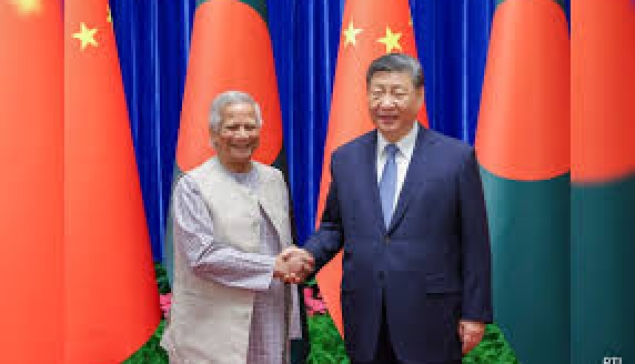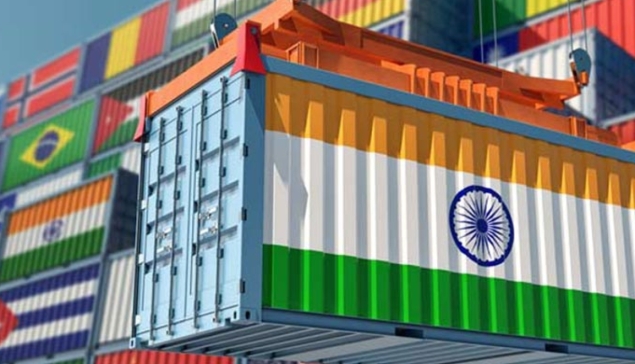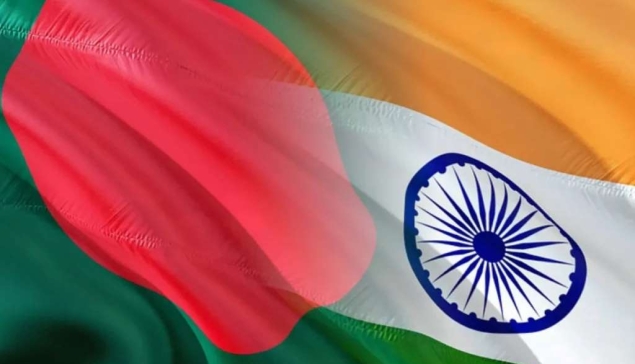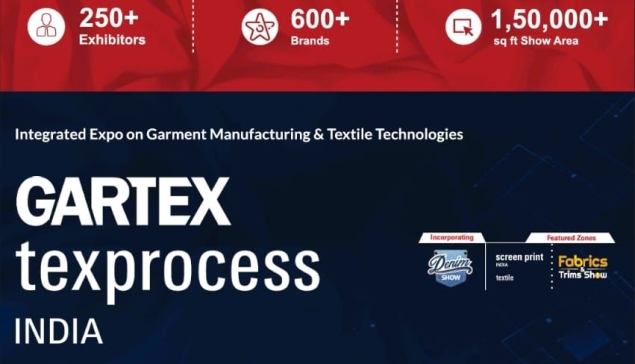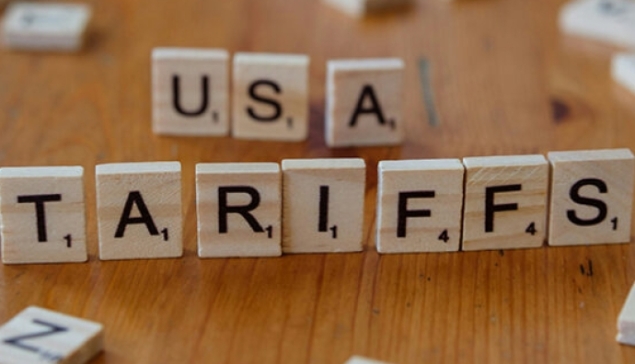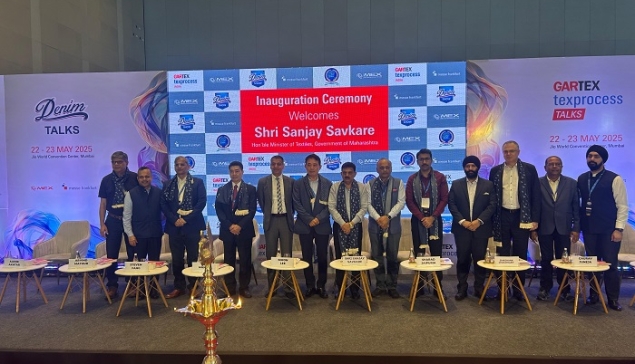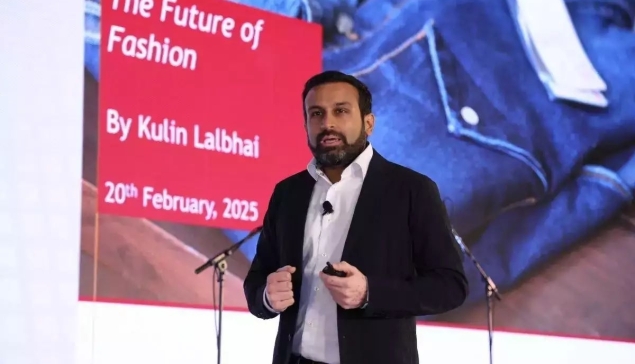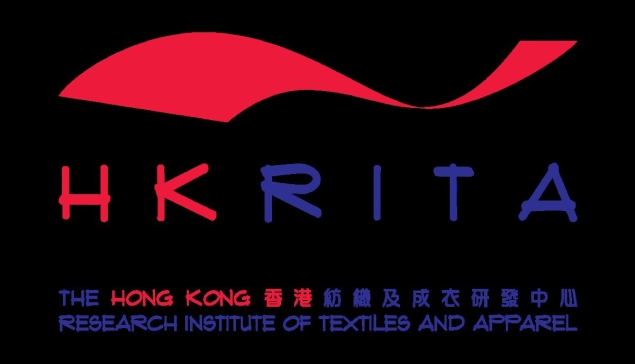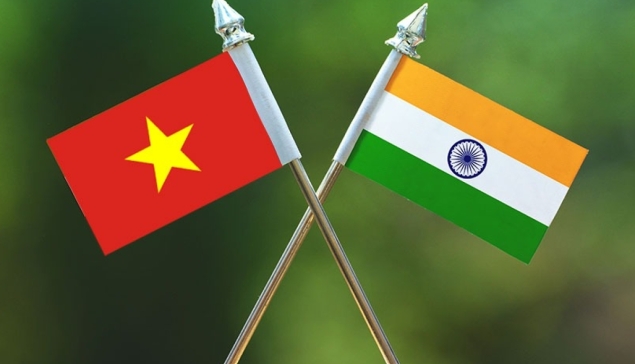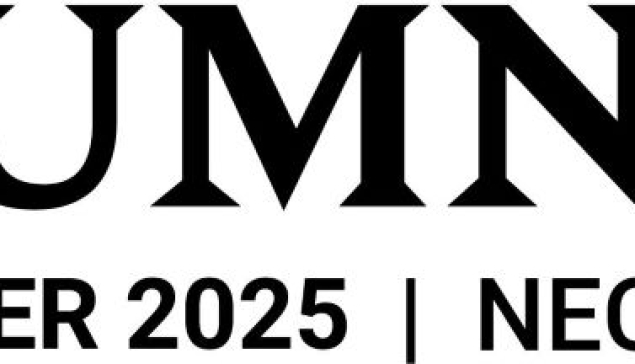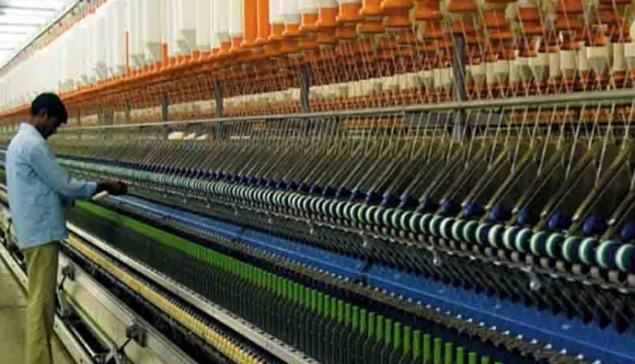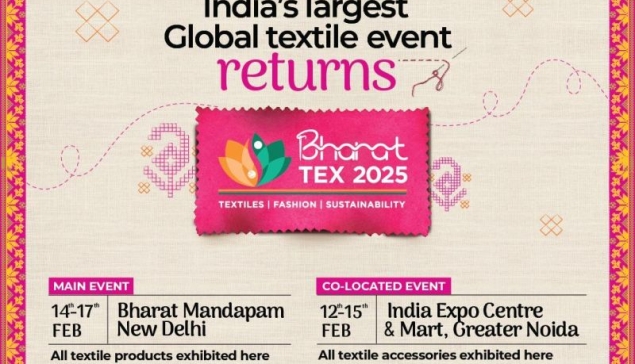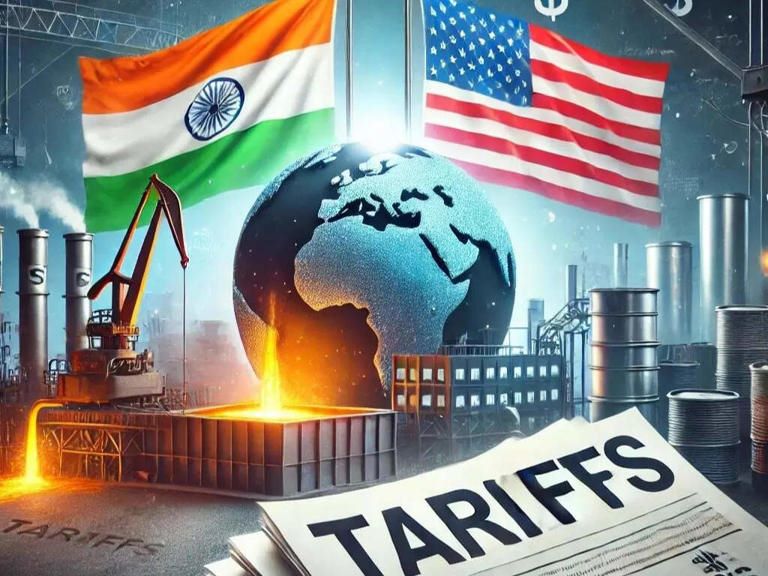Navigating U.S. Duty Pause: Global Impacts
Strategic Supply-Chain Realignments
Tariff uncertainty will reshape global sourcing strategies:
Diversification: U.S. importers may split orders across India, Mexico, Egypt, and Central America.
Strategic Partnerships: Joint ventures, warehousing hubs, and nearshoring arrangements will reduce duty risks.
Digital & ESG Compliance: Traceability and sustainability tools will be mandatory for continued market access.
Domestic Market Implications
Export turbulence will have ripple effects on the domestic front:
Price Volatility: Cancelled export orders may flood domestic markets, depressing prices.
Cash Flow Strains: SMEs, especially those lacking hedging mechanisms, may struggle with inventory build-ups.
Policy Support Needs: Targeted Production Linked Incentives (PLI), credit support, and export buffers could offer much-needed relief.
At the same time, reduced import competition from tariff-hit countries may bolster domestic sales—if only temporarily.
What Works in India’s Favour?
Vertical Integration: End-to-end control over raw materials and production.
Institutional Support: Active Trade Promotion Councils and a responsive government.
Sectoral Winners and Losers
Potential Winners:
Home Textiles (bed linen, towels): Supported by stable demand and India’s cotton advantage.
Cotton Garments: Leveraging domestic supply and vertical integration.
Sustainable Textiles: Organic and recycled fibres command premium prices.
Potential Losers:
ManMade Fibre (MMF) Products: Currently burdened by higher input costs and import restrictions. A realignment in import policy is essential.
Basic Apparel: Speed and cost efficiency still favor competitors like Bangladesh and Vietnam. India must invest in infrastructure, workforce training, and logistics to compete effectively.
Join our community
Policy Momentum: PLI schemes, MITRA parks, and interest equalization initiatives.
Geopolitical Positioning: Strengthening ties with the U.S. as a democratic, stable trade partner.
However, long-term growth requires continued investment in infrastructure, dynamic labor laws, and sustained industry commitment.
CREDITS: Sanjiv Mehan, Professor in Practice at PIET, is an FMS MBA and textile engineer with 40+ years' leadership experience in strategy, policy, and sustainable innovation.

